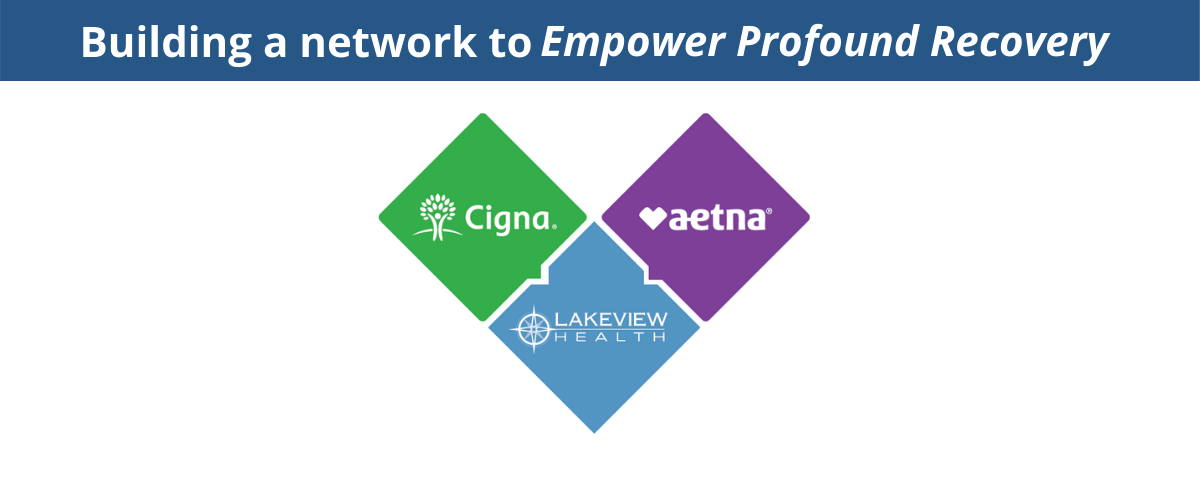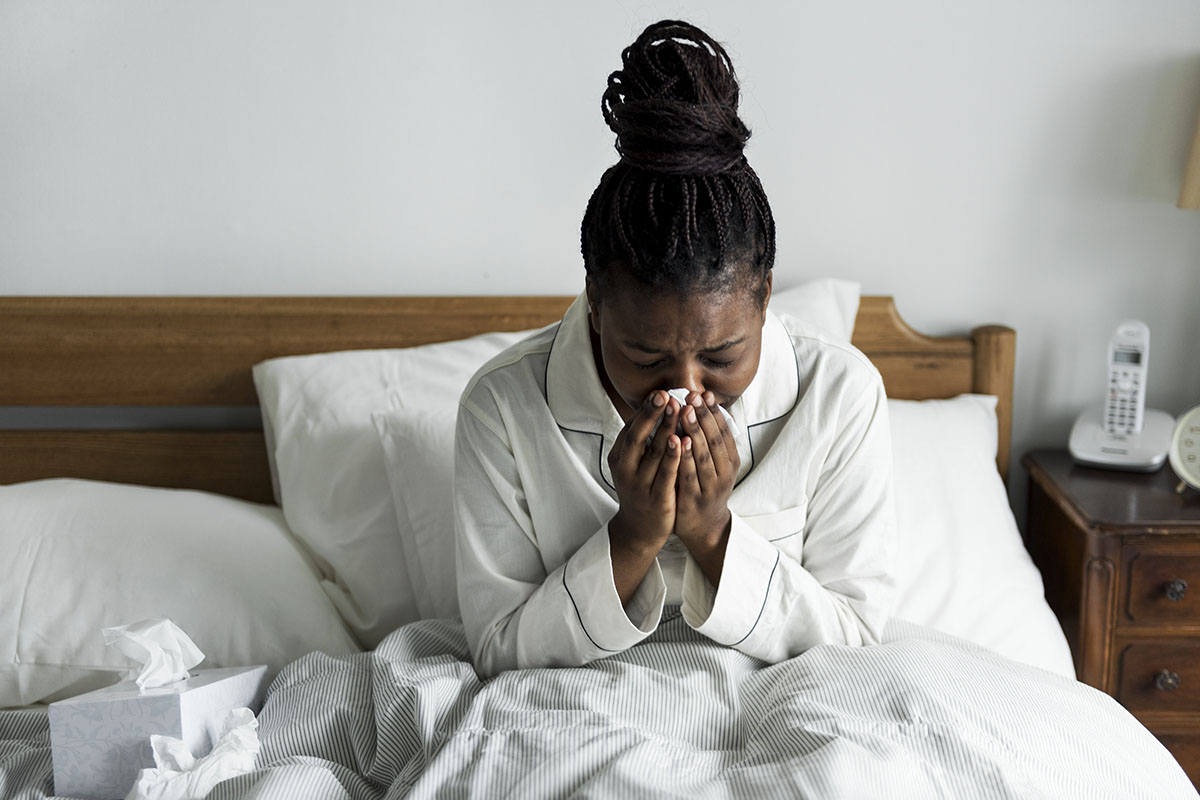

By: Michael Rass
Drug Overdose Deaths Rising: It Isn’t About Giving Up One Thing
Drug overdose deaths are occurring at record levels in the United States. According to the latest statistics provided by the Centers for Disease Control and Prevention (CDC), US drug overdose deaths surpassed the 50,000 mark for the first time in 2015, reaching 52,404 fatalities. The CDC data show that in 2015, the age-adjusted rate of drug overdose deaths was more than 2.5 times the rate in 1999. The epidemic is largely driven by heroin and other opioids such as oxycodone and fentanyl, aka gray-death. Federal and state authorities have been trying to deal with the crisis by restricting access to prescription opioid pain relievers and by making the opioid antagonist naloxone more widely available. In 2015, the federal government launched an initiative aimed at reducing opioid misuse, in part by promoting more cautious and responsible prescribing of opioid medications. Some experts believe such measures miss the mark because reducing access to addictive drugs alone does not address the real problem. “It is now clear that most cases of addiction start long before affected people are ever exposed to drugs,” writes addiction journalist Maia Szalavitz in Unbroken Brain. She believes addiction is a maladaptive learning behavior—not simply drugs “hijacking” the brain. “By itself, nothing is addictive; drugs can only be addictive in the context of the set, setting, dose, dosing pattern, and numerous other personal, biological, and cultural variables. Addiction isn’t just taking drugs. It is a pattern of learned behavior.” (Unbroken Brain) Addiction is compulsive substance use (or behavior) despite negative consequences. Which substance is compulsively misused, however, is secondary when it comes to treating the disease of addiction. Dealing with the negative consequences is not.
“The most important question is whether substance use is causing a problem in someone’s life. Many people can use alcohol recreationally for many years without having any problems, but if there are dishonesty and manipulation around using a substance or if people don’t show up for work or fulfill their social obligations, then we’re beginning to see symptoms of a substance use disorder.”
– Sarah Franklin, Clinical Manager at Lakeview Health.
People who become addicted to substances often have a genetic predisposition and have suffered traumatic experiences or other emotional pain in their past. Under these circumstances, “self-medication to fill a void or treat a physical or mental symptom may result in addiction,” writes Arwen Podesta in Hooked. If these underlying conditions are not addressed in rehab, a relapse is likely to follow addiction treatment. “When Lakeview patients focus too much on their drug history—which substances they misused and for how long—I sometimes tell them to forget for a moment what your drug of choice was because it almost doesn’t matter,” says Franklin. “Let us instead look at the behaviors patients had while they were using and the consequences.” Any therapy has to address the underlying mental conditions, the reasons behind the substance use disorder. That means the approach will not be that different, regardless of whether a patient was drinking too much alcohol or misusing drugs. It is dangerous for people in recovery to believe all they have to do is abstain from their drug of choice, especially if they mean only illicit drugs by that. It is problematic to use nicotine or excessive food intake as replacements. Because of the current legalization trend, Franklin now even encounters patients who do not consider that using marijuana carries any risk of addiction. Franklin encounters a lot of cross-addiction as well. “Many start with pain pills and then switch to benzodiazepines when opioid pain relievers are no longer available and may try marijuana or liquor.” This shows it is not the substance as such that matters but the high or the relief people get from using. The impact of use on the complex reward system of the brain is establishing the addiction cycle, not just the effect of one particular substance. At Lakeview, patients are thoroughly evaluated to assess their medical condition and addiction history before they begin their treatment. Based on the assessment, doctors, nurses, and therapists then develop an individualized treatment plan that takes into account all relevant aspects of a patient’s situation. Lakeview provides evidence-based, multidisciplinary treatment to ensure patients are comfortable and safe and learn effective coping skills as they begin their journey to recovery from addiction.





